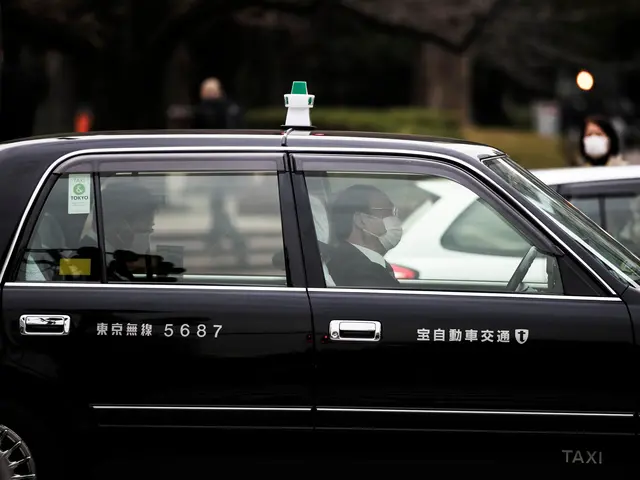The Japanese government is planning to implement a special law to enable it to make better provisions to combat the COVID-19 outbreak and declare a state of emergency if necessary, as infections in Japan topped 1,000 on Wednesday, the ruling party sources said.
The special law, which will be effective for a period of up to two years, could see the government revise the existing law on novel influenza and make it applicable to the COVID-19 and valid until February 2022 as COVID-19 was officially classified as a designated infectious disease in Japan in February.
Under the new amended law, the government would theoretically have extended powers once a state of emergency has been declared for particular parts of the country, through regional governments, to require people to stay at home, issue closures to schools and restrict the use of locations that facilitate large groups of people gathering together.
The special law to better equip the central and regional governments to combat the COVID-19 comes as the number of confirmed cases in Japan as of Wednesday rose to 1,001.
Potential plans to implement the new special law come on the heels of Japanese Prime Minister Shinzo Abe a day earlier saying he would like to make "full use" of a fiscal 2019 reserve fund as a second emergency package to combat the epidemic as the number of infections continue to rise in Japan.
The Japanese leader was referring to a reserve fund of 270 billion yen (2.5 billion U.S. dollars) that can be tapped to finance a second emergency package to tackle the outbreak here.
The government has said it will compile the parameters of the second emergency package by March 10, with it aimed, in part, to help mitigate the financial burden being suddenly imposed on parents after Abe decided last week that all schools nationwide should be closed from Monday to help contain the virus with children to remain indoors while away from school.
In addition, funds will be allocated to bolster medical services and help underpin small and medium-sized companies (SMEs) that are buckling under the economic burden resulting from the impact of the virus on domestic and global supply chains, demand, investment and labor-related issues.
A final figure for the emergency package has yet to be decided on, the government has said.
The government's first package, however, was to the tune of 15.3 billion yen (142 million U.S. dollars) and announced in mid-February with funds predominantly earmarked for emergency medical needs including the development of rapid-test kits and work towards developing a vaccine to fight the virus.
In terms of additional virus-related spending, Abe said Tuesday that for the fiscal 2020 budget, for the time being, if necessary, funds designated for "various downside risks" to the economy could be tapped.
Also on Tuesday the ruling Liberal Democratic Party drafted a number of proposals aimed at cushioning the economic blow of the outbreak and called for the government to compile a supplementary budget for fiscal 2020.
Japan's upper house of parliament, meanwhile, is currently gearing up to pass a record 102.66 trillion yen (952 billion U.S. dollars) budget following its passage through the lower house last week.
Meanwhile, the two cases that took the total number of infections over the 1,000 mark on Wednesday was a new infection confirmed in Yamaguchi Prefecture, the first such case in western Japan's Chugoku region, and another in Kyoto.
The total number of cases is based on information provided by the health ministry, as well as local authorities and includes the 706 people who were infected while aboard the Diamond Princess cruise ship that was quarantined in Yokohama near Tokyo.
 简体中文
简体中文

